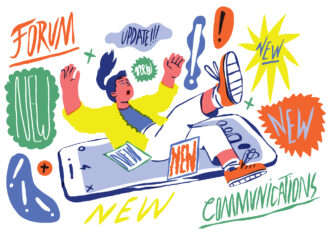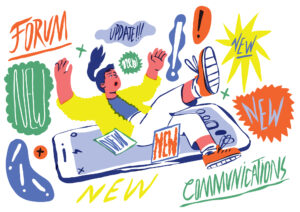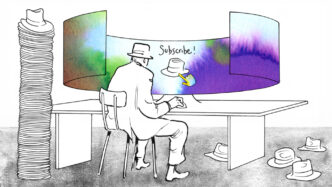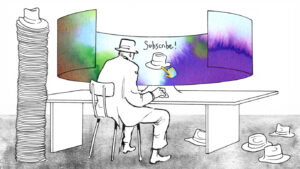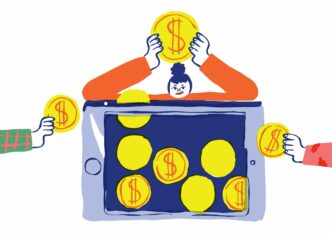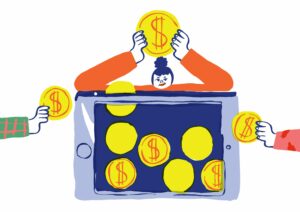

Anjali Iyer is Head of Lifecycle Marketing at The Washington Post with over 15 years of deep knowledge in customer experience, customer insights, and strategy.
The Washington Post acknowledges the significance of a personalized onboarding journey for its subscribers, which has proven to result in higher engagement, improved retention rates, and ultimately, an enhanced customer lifetime value (CLV). We understand the criticality of establishing a strong relationship and making a positive first impression during the initial stages of a subscriber’s journey.
Our primary focus is to promote consumption, which drives both subscription and advertising revenue. By encouraging subscribers to spend more time with our journalism, we increase the likelihood of subscription renewals and active engagement with branded content and advertisements.
To achieve this, we have implemented an automated email subscriber journey that incorporates algorithmic triggers. This approach actively encourages subscribers to visit our site regularly and develop habits that enrich their overall experience, thereby driving revenue growth and maximizing the lifetime value of our subscribers.
Based on internal research, we have identified significant trends that further reinforce the importance of our approach:
1) The first two weeks of a subscriber’s journey are crucial as they significantly influence the subscriber’s perception. We have a limited window of 14 days to showcase the value we provide and build engagement.
2) Subscribers who have made fewer than four visits exhibit a retention rate that is 10 percentage points lower than those who have made 15 or more visits. This emphasizes the need for proactive engagement strategies to encourage subscribers to develop a consistent presence on our platforms.
3) Subscribers who utilize our app and visit us 15 or more times showcase higher Net Promoter Scores (NPS) than other subscribers. Net Promoter Score (NPS) is a metric used to measure customer loyalty and satisfaction with a product, service, or brand. It provides insight into how likely customers are to recommend a company to others. To calculate NPS, the percentage of detractors (score 0-6) is subtracted from the percentage of promoters (score 9-10). The resulting score can range from -100 to +100. A higher NPS indicates a higher proportion of satisfied and loyal customers, while a lower score suggests a larger base of dissatisfied customers.
This underscores the positive impact of fostering a robust subscriber experience and promoting frequent usage. Engaging subscribers is crucial for renewal and ensuring they continue to receive the value and benefits they signed up for. It also provides an opportunity for us to segment subscriber behaviors and take appropriate actions.
New Subscriber Onboarding
The subscriber journey begins with recommended onsite onboarding actions, seamlessly transitioning into triggered email communications.
During the onsite onboarding process, subscribers are prompted to select their interests and to receive personalized newsletter recommendations. This information enables us to better understand subscriber needs and preferences, facilitating the delivery of personalized experiences in the future. We have high completion rates for onsite onboarding.
The first email serves as a warm welcome note from our authors, establishing a personal connection with subscribers and sharing The Washington Post’s mission. It presents an opportunity to communicate our beliefs and reaffirm why subscribers have chosen to be a part of our community.
As the email series progresses, each subscriber receives tailored messages based on their individual preferences. Our objective is to ensure that subscribers only receive information that is relevant to their level of engagement thus far. For instance, we encourage premium subscribers to share their bonus subscriptions, one of the perks for premium subscribers. Other examples include sending email reminders to subscribers who have not completed onsite onboarding to select their interests and enroll in newsletters.
Behavioral data is utilized to personalize the onboarding experience at the subscriber level. Our goal is to educate subscribers about the benefits early on in their tenure and instill habits that positively impact retention and customer lifetime value.
Onsite Onboarding
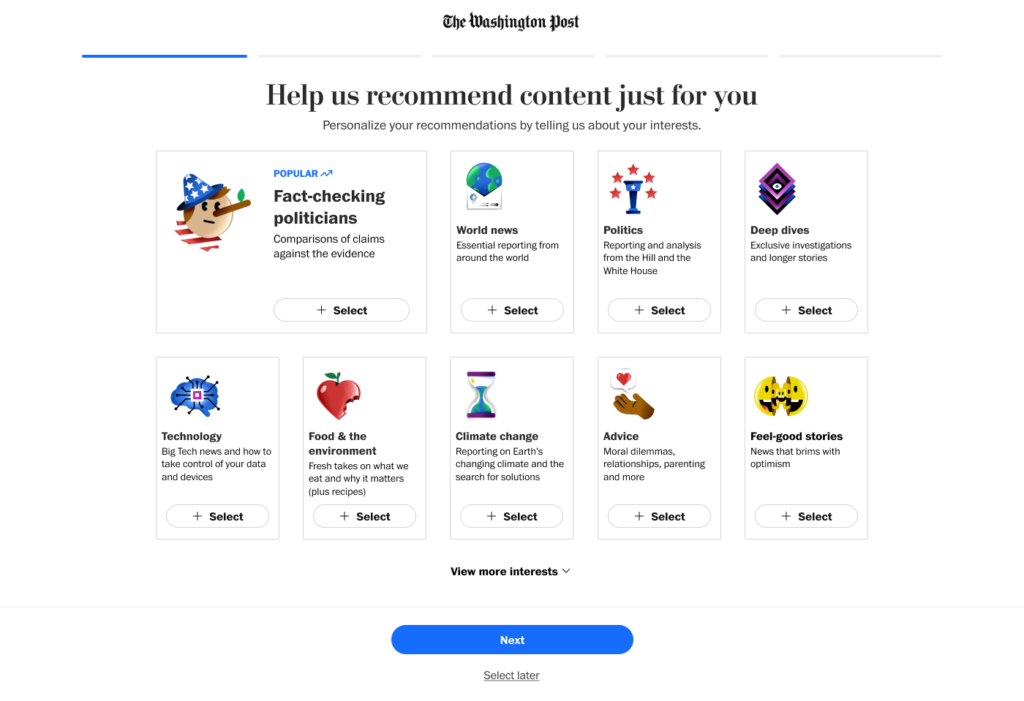
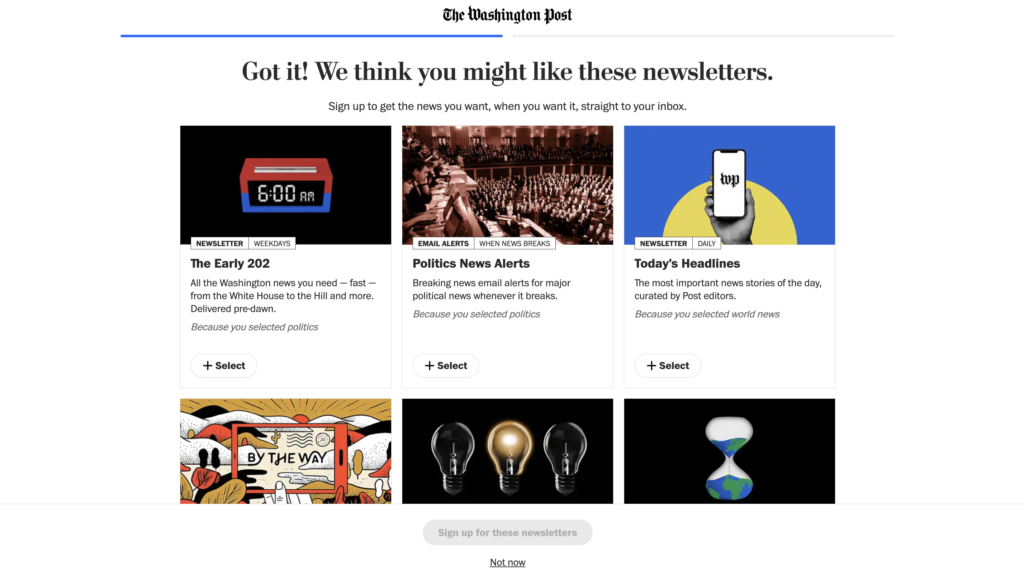
Email Onboarding

Email Onboarding Results
To measure the effectiveness of our email onboarding journey, we withheld a control group to evaluate metrics such as total visits, days visited within 30 days, article pageviews, habit adoption, and retention.
Since the launch of the subscriber onboarding journey, we have observed statistically significant lift in retention and incremental customer lifetime value after 12 weeks compared to the control group.
These results highlight the success of our approach in enhancing engagement and providing greater value to our subscribers. Subscriber onboarding plays a pivotal role in achieving our subscription marketing goals, including increased consumption, reduced churn, and maximized CLV (subscription and ad revenue).
